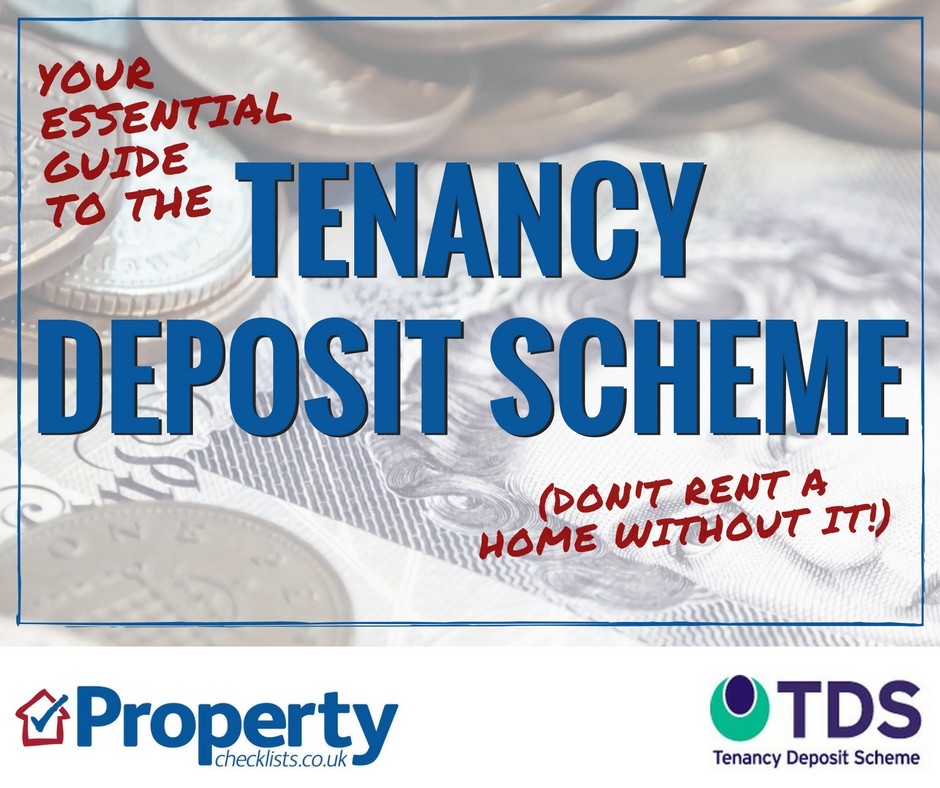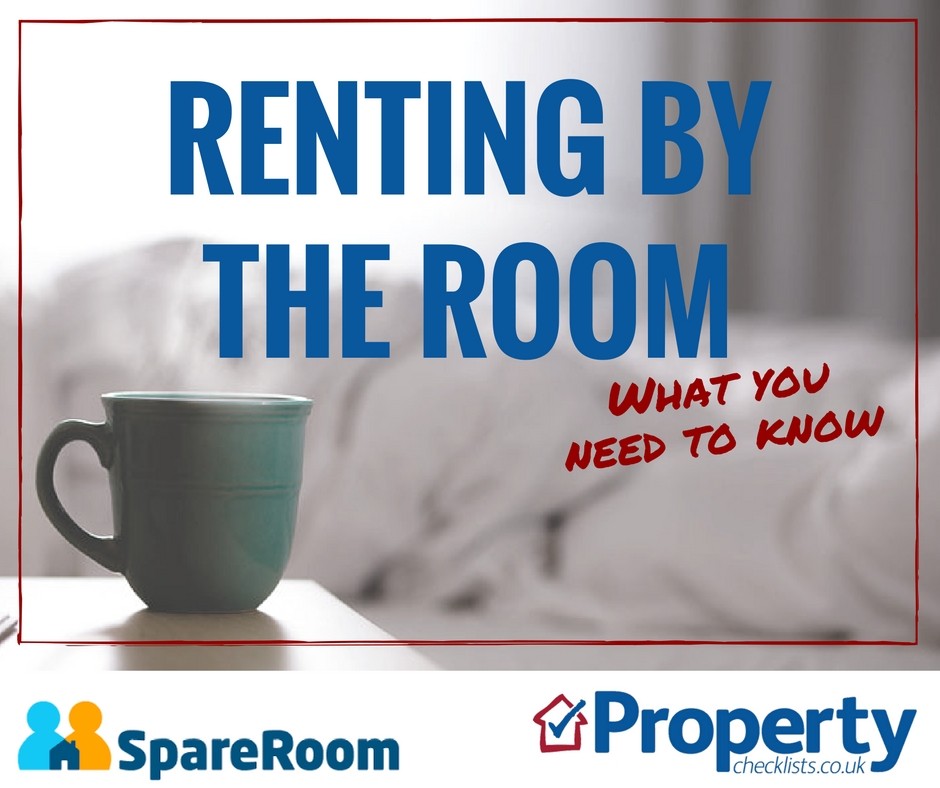The Government has asked tenants/landlords and buyers/sellers where possible to “delay moving to a new house while measures are in place to fight Coronavirus (COVID-19)".
Only if the property is empty (ideally for 72 hours) or there is a contractual reason to move should you be moving. In these cases the government says you can ‘move house where reasonably necessary’.
The Government has issued detailed guidance and Q&As for those already renting so you can understand the ‘new rules’ of renting during the Coronavirus.
For tenants in Wales they have also provided bespoke information for you.
This information should answer all your questions, the Q&As I have below, where possible, are taken directly from Government guidance, my Q&As are just the top 10 I have seen, helping to save you a bit of time hunting for an answer.
If you are renting a home and are worried about not being able to afford the rent for any reasons, please don’t. The government has put in place lots of different ways for you to secure enough income to pay your rent.
Before asking for help from your landlord with rental payments, make sure you know what income you can secure from the government first to cover your rental payments – this is partly what the extra help is for.
However, if you still need help after receiving additional income, then don’t just stop paying the rent! Secure the evidence you need for landlords such as sick notes, evidence of job loss or a lower income.
Rest assured, landlords can still issue eviction notices, but they cannot apply to the court for 90 days, so you can stay in the home for three months. However you are still duty bound to pay the rent and if you don’t and the landlord pursues you, you may end up with a poor credit rating.
If you have a different question and can’t find the answer in the Government guidance, please feel free to contact us.
The Q&A information relates mainly to England, mostly to Wales, but not to Scotland and Northern Ireland.
Can I move into a new rental property during stay at home measures?
Only if it’s absolutely necessary. The Government has asked tenants and landlords, where possible to “delay moving to a new house while measures are in place to fight Coronavirus (COVID-19)".
Exceptions are if the property is empty (ideally for 72 hours) or there is a contractual reason to move. In these cases the government says you can ‘move house where reasonably necessary’.
Can I stop paying my rent?
Government guidance says:-
"Tenants should continue to pay rent and abide by all other terms of their tenancy agreement to the best of their ability. The government has a strong package of financial support available to tenants, and where they can pay the rent as normal, they should do.
"Tenants who are unable to do so should speak to their landlord at the earliest opportunity. In many if not most cases, the COVID-19 outbreak will not affect tenants’ ability to pay rent. If your ability to pay will be affected, it’s important to have an early conversation with your landlord. Rent levels agreed in your tenancy agreement remain legally due and you should discuss with your landlord if you are in difficulty."
Government information on securing income support.
Can I be evicted from my rental property if I’ve been affected by Coronavirus?
In England and Wales, tenants can still receive eviction notices for “secure, assured, assured shorthold, introductory and demoted tenancies and tenancies under the Rents Act 1977, thereby covering most tenants in the private and social rented sectors.” Source: gov.Wales, however, the landlord cannot apply for a court order for 90 days from 27th March 2020 and a court order is required to evict a tenant.
Can I be evicted if I am on a licence to occupy?
“This legislation….will not apply to licences to occupy (other than a secure licence under the Housing Act 1985). We are urging the landlords of those on licences to occupy to follow the same guidance and to work with renters who may be facing hardship as a result of the response to COVID-19”
How do tenants meet government guidelines for the stay at home measures in a shared house?
For those that are sharing a home, consider using the communal facilities individually, keeping your own plate/bowl and cutlery. Some tenants have organised a rota for use of the kitchen/bathroom and are advising the others via various apps that the kitchen etc is free.
What if other tenants are not abiding by the Government guidance for social distancing?
I have had reports of some tenants that are still having visitors to shared homes or going out socialising and taking little notice of the Government stay at home measures. Unfortunately your landlord can only issue a notice to evict, but can’t start court proceedings for 90 days from 27th March 2020 so it could take six months or more to evict the tenant.
As such, you need to come to some arrangement yourself, or advise your landlord and ask them to remind the tenant of their obligations, but unfortunately there is little the landlord can do.
What should a tenant do (particularly in a shared home) I they think they have the virus?
Basically follow the Government guidance on self-isolation and it’s worth advising your landlord, remember they can’t evict you for 90 days from 27th March 2020 but neither does your landlord have to find alternative accommodation. Government guidance for households with possible Coronavirus infection.
They explain: "You should tell anyone you share the property with immediately, so that they can take appropriate action and make informed decisions regarding shared areas and access to the property. If your landlord needs to arrange a visit to the property for urgent health and safety reasons, you should also inform them and agree to take sensible precautions".
Should my landlord still be providing a cleaner?
Ideally no so they don’t go from one house to another. If you have had a cleaner, landlords I have spoken to are providing tenants with cleaning products and if part of the contract, some are offering a reduction in rent to reflect the cost. Tenants are then using a rota system to keep things clean.
This is the government guidance on cleaning a property.
Does my landlord still need to carry out repairs on my home?
In short, yes, Government guidance says “repair obligations have not changed. Tenants have a right to a decent, warm and safe place to live – and it is in the best interests of both tenants and landlords to ensure that properties are kept in good repair and free from hazards".
As a tenant “You should inform your landlord early and engage constructively in the event that you encounter any issues with the condition of their property, and the effect of current restrictions should be considered".
However, the Government guidance states: “In these unprecedented times we encourage tenants and landlords to take a pragmatic, common-sense approach to non-urgent issues which are affected by COVID-19 related restrictions".
What kind of repairs should a landlord still be carrying out?
According to the Government “landlords’ repair obligations have not changed. Where reasonable, safe for you and in line with other Government guidance, we recommend that you allow local authorities, landlords or contractors access to your property in order to inspect or remedy urgent health and safety issues".
They advise:
Urgent health and safety issues are those which will affect your ability to live safely and maintain your mental and physical health in your home. This could include (but is not limited to):
− If there is a problem with the fabric of your building, for example the roof is leaking
− If your boiler is broken, leaving you without heating or hot water
− If there is a plumbing issue, meaning you don’t have washing or toilet facilities
− If your white goods such as fridge or washing machine have broken, meaning you are unable to wash clothes or store food safely
− If there is a security-critical problem, such as a broken window or external door
− If equipment a disabled person relies on requires installation or repair
Further guidance on visits to properties to make repairs.
The Government guidance also covers people who are property guardians and have accommodation along with their employment.
| Tenancy deposit scheme for tenants - TDS |
15 ways to speed up your property legals - The Society of Licensed Conveyancers |
Renting by the room - SpareRoom |
 |
 |
 |